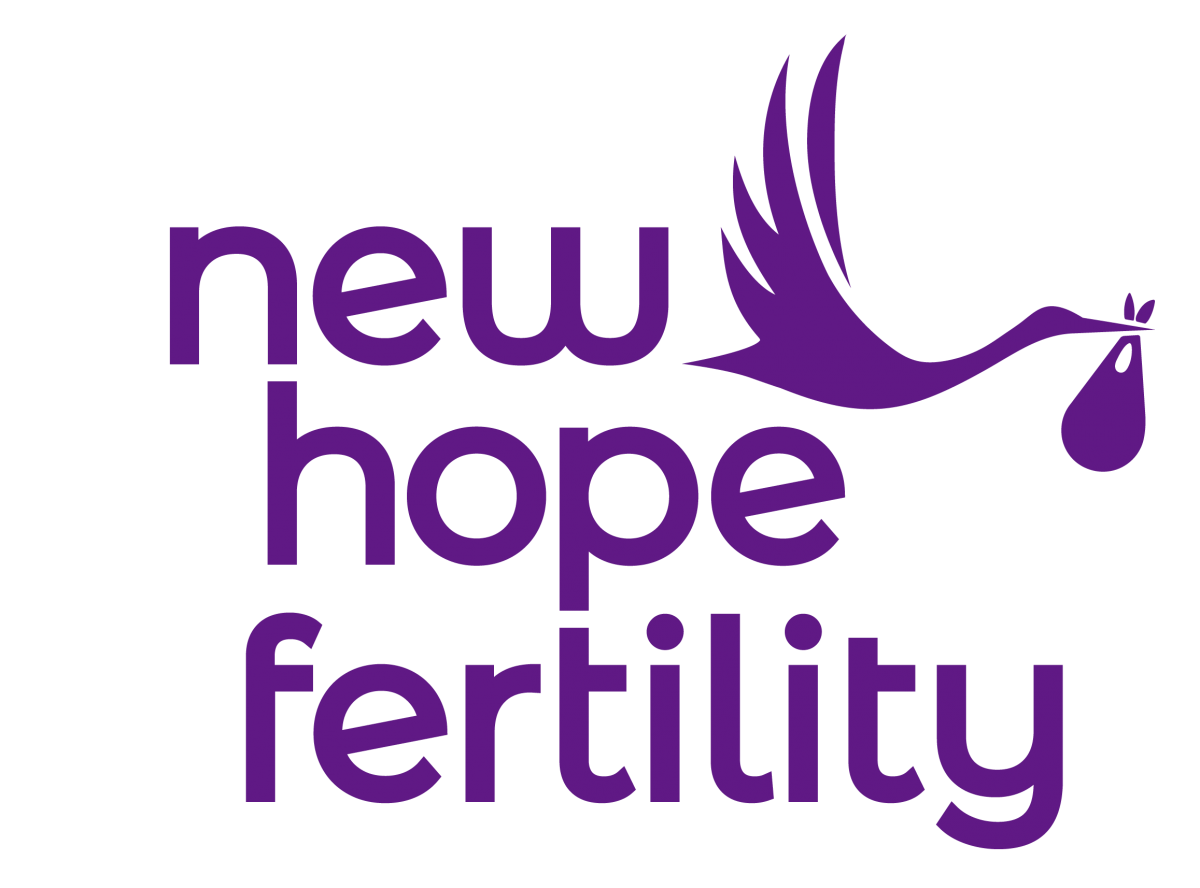Trying to conceive after your peak “fertile window”
Women are most fertile in their 20s and after that fertility starts to decline rapidly. By age 35, a healthy woman with a normal ovarian reserve for her age has less than a 15% chance of getting pregnant each month. This does not take into account if the said female has regular period cycles and ovulation, a partner with a normal sperm count and motility, and other factors like uterine/fallopian blockages.
Now, this information isn’t meant to scare you. If you’re approaching your mid-30s, this doesn’t mean you need to start panicking. While it is considered significantly easier to get pregnant in your younger more fertile years, many women do conceive on their own all the time in their 30s and 40s. To be on the safe side though, there are a few things it is important to keep in mind if you’re approaching 35 and want to get pregnant at a later age.
Egg quality and age are intertwined
It’s safe to say life isn’t fair, especially for women, and while men continuously produce sperm from puberty until death, women are born with all of the eggs they’ll ever have. By the time you’re 30, only about 100,000 remain. This may seem like a large number to work with, but even women with a seemingly large reserve struggle to get pregnant past 35.
This is because as you age so do your eggs. Egg age is referred to as egg quality. Egg quality is determined by the number of chromosomal abnormalities found in the resulting embryo.
A healthy embryo should consist of 23 chromosomes from the egg combined with 23 chromosomes from the sperm, resulting in a total of 46 chromosomes. Embryos that fit this category are considered “normal” or are more accurately called euploid embryos. Chromosomally “abnormal” aneuploid embryos are less likely to implant and commonly lead to miscarriage if transferred.
- Age 25 = 75% are chromosomally normal.
- Age 35 = about 50% are chromosomally normal.
- Age 40+ = about 10-15% are chromosomally normal.
Hormones matter
Hormones play an important role in fertility. Imbalanced hormone levels due to diet, medical conditions like PCOS, environmental conditions, and endocrine gland malfunctions can all lead to infertility later in life if not properly managed.
If you are struggling to conceive it may be a good idea to undergo a fertility assessment which can help determine your overall fertility health and check your hormones and egg reserve. You can also get a fertility assessment in your 20s to better prepare for the future if you are looking to delay family planning!
Hormones to test:
- Follicle-stimulating hormone (FSH) -FSH tells the eggs in your ovaries to grow.
- Luteinizing hormone (LH) – A chemical in your body that triggers important reproductive processes like ovulation and supports pregnancy.
- Estradiol (E2) – Present during your menstrual cycle and prompts the maturation of follicles, the release of the egg, and the thickening of the uterine lining so a fertilized egg can implant. E2 levels are highest at ovulation and lowest at the beginning of the cycle.
- Anti-Mullerian hormone (AMH) – Refers to a woman’s ability to produce eggs that can be fertilized. AMH declines as a woman gets older and helps determine how many potential egg cells are left.
Want to preserve your current fertility? Try Egg Freezing!
If you’re in your 30s and not ready to have children yet consider freezing your eggs for future use. Your eggs at 30 are better quality now than they will be by 35 or 40+. By freezing eggs, you can give yourself a sense of security when trying to conceive later and promote a higher chance of pregnancy.
The process:
- Take medication to stimulate your ovaries to grow multiple follicles.
- Surgically retrieve the mature eggs.
- Freeze and store until you’re ready to use them.
About New Hope
New Hope Fertility Center is home to world-renowned fertility specialists. We custom design fertility treatments for the individual to increase the chances of a successful pregnancy. Our specialists believe in putting the patient first and being with them through every step of the fertility journey. Our team is well versed in helping women of all ages reach their fertility goals and we are passionate about educating, and supporting our patients throughout their journey. If you want compassionate fertility care, New Hope is the right place for you. Call us at (347) 970-8479 or schedule your initial consultation today!

